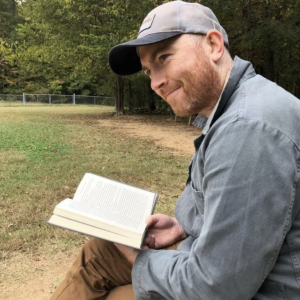Members
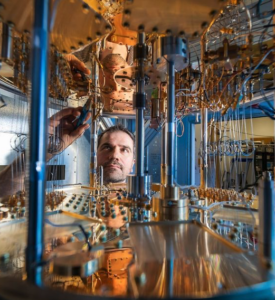
Dr. Alessandro Rossi
Principal Investigator
Dr Alessandro Rossi is a Reader and a UKRI Future Leaders Fellow in the Department of Physics. He is jointly appointed at the UK National Physical Laboratory where he holds a Measurement Fellowship. Alessandro carried out his doctoral studies in Physics at the University of Cambridge (UK) and his undergraduate in Electronic Engineering at the University of Naples (Italy). Before joining Strathclyde in 2019, Alessandro has held research appointments across academia and industry at the University of New South Wales (Australia), Hitachi Research Labs (UK), and TUDelft (The Netherlands). Google scholar, ORCID, ResearchGate.
Postdocs
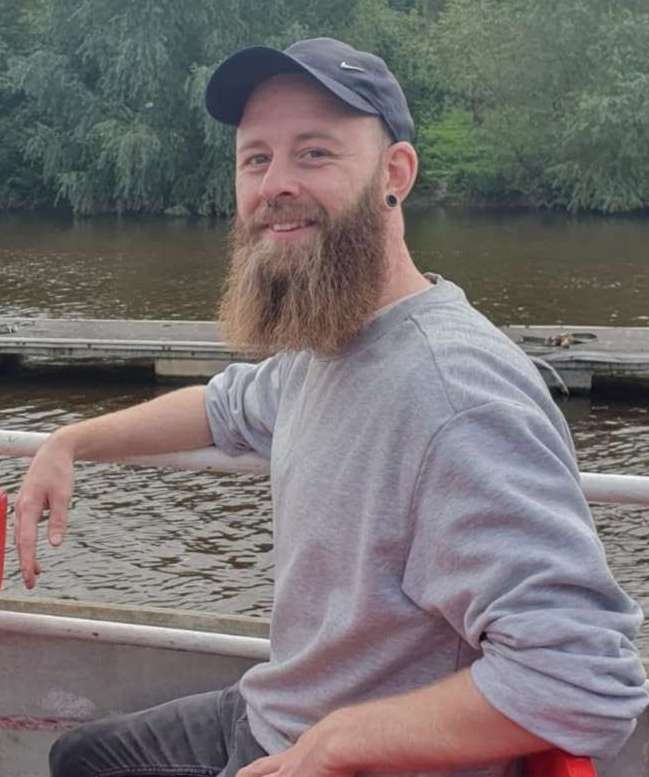
Dr. Kristopher Barr
Kristopher Barr is a research associate working at the University of Strathclyde alongside collaborators at the University of Glasgow on the wider project, Empowering Practical Interfacing for Quantum Control (EPIQC). The focus is to enable wireless microwave control and readout of quantum devices held at mK temperatures. His wider interests lie in finding methods to optimize the control and readout of spin and charge qubits to enhance their capabilities. Prior to joining SEQUEL he completed his PhD at the University of Strathclyde. This experimental project’s focus was for ultrafast, all-optical coherent control of single quantum dot spin-qubits. Here he was investigating and manipulating these systems under non-standard magnetic field configurations.
PhD Students
University of Strathclyde
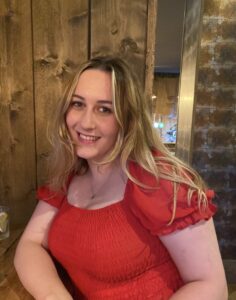
Megan Powell
I’m a physics PhD student at the University of Strathclyde in the semiconductor quantum electronics team within the semiconductor, spectroscopy and devices group. I am researching the coupling of metal oxide semiconductor devices to spin-active defects in silicon carbide, and their applications in quantum computing and metrology. Before beginning my PhD, I obtained a BSc in Physics and MSc in Materials Engineering from the University of Exeter. Researchgate
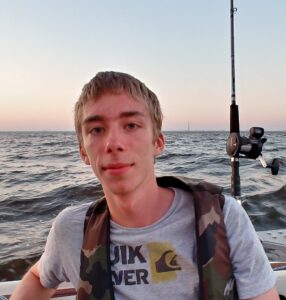
Alexander Zotov
While many of the criteria to implement quantum computing in semiconductor quantum-dots have been met, improvements in scalable architectures, scalable readout techniques and device uniformity must be made as steps towards realisations of practical quantum computers based on these systems. My doctoral project will primarily focus on the former two of these problems. The doctoral project will be undertaken at the university of Strathclyde and funded by NPL, BT and Hitachi. I have previously completed an MSci degree in chemical physics at the University of Glasgow. ResearchGate
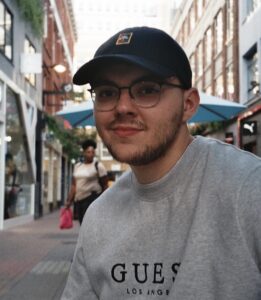
Euan Parry
I am pursuing a PhD in Physics at the University of Strathclyde under the supervision of Dr. Alessandro Rossi and as a member of the SEQUEL team. The aim of my research is to find out how the hybridization of semiconductor and superconductor systems can allow for the development of devices that are vital for the future of quantum computing. I aim to investigate how these hybrid systems can be put to use in spin-based quantum memories, microwave photon-based quantum information buses, and integrated quantum control electronics. Before joining SEQUEL, I completed an MSci in Physics at King’s College London.
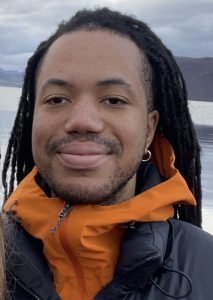
Devonte Davis
I’m Devonte, a current PhD student at Strathclyde. My summer project with SEQUEL involved the designing and manufacturing of a low pass filter, alongside peripherals for integration with the dilution fridge. My current project is the development of SiC devices that can be manufactured with commercial CMOS techniques . I completed my BSc in Physics at Hull and my MSc in Quantum Technologies at Strathclyde
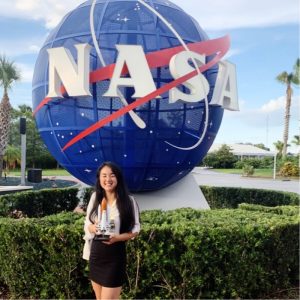
Poppy McPeake
I am pursuing a PhD in Physics working on Project FIRETRACE, in which I will be investigating the thermal effects in cryogenic electronics for quantum computing. This involves building CMOS-compatible thermometry structures, mapping temperature variations across working chips under realistic operating conditions, and improving thermal models to better predict how circuits behave in cryogenic setups. The project is in collaboration with Quantum Motion Technologies and the National Physical Laboratory. Before joining SEQUEL, I completed an MSci in Physics at Queen’s University Belfast.
Alumni
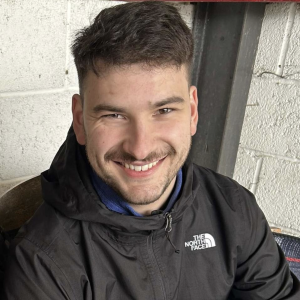
Cameron Leckie
Summer Student
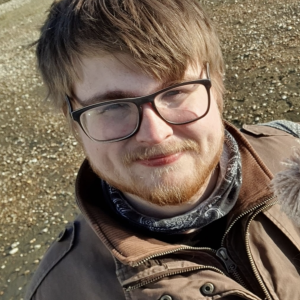
Reece Jones
PhD Student
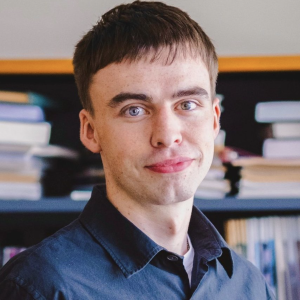
Angus Russell
MSc. Student
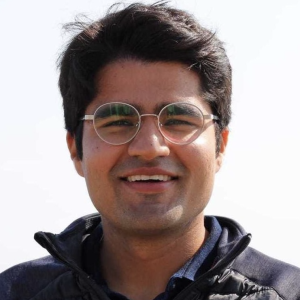
Dr. Prince Khatri
Postdoc
